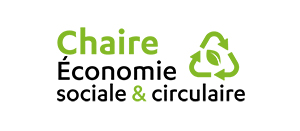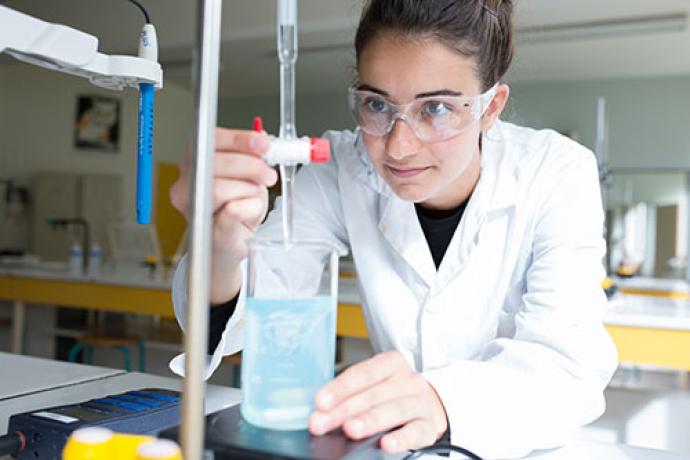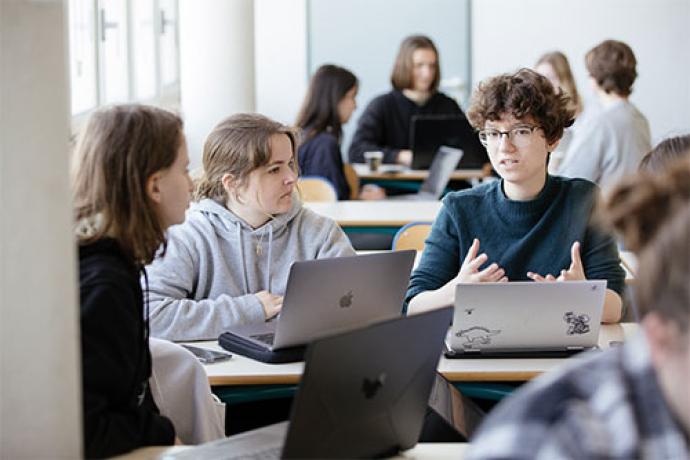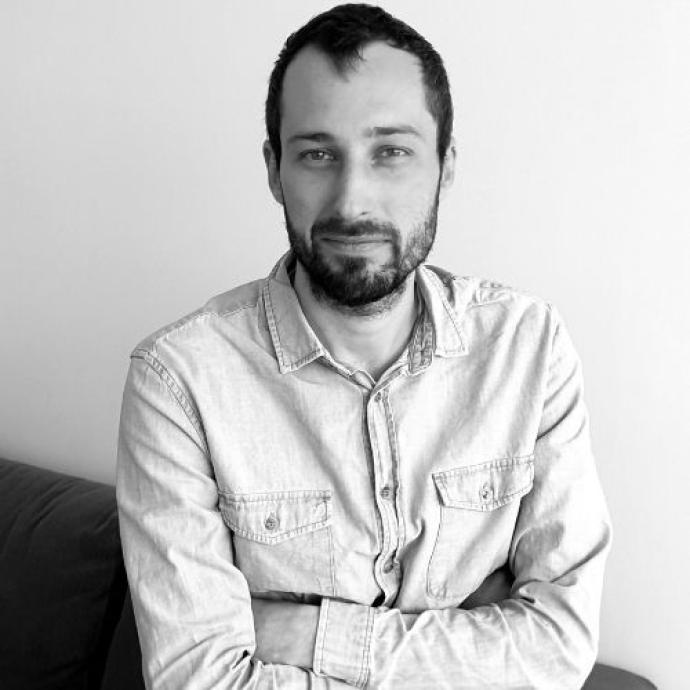The aim of the Social and Circular Economy teaching and research chair is to structure sustainable supply chains.
Created in 2023 for a period of four years, it brings together Valdelia, a key player in the second life of products and materials, and the Institut Polytechnique UniLaSalle, whose training and research activities are at the heart of the challenges of ecological transition.

It also unites the two organizations around a common goal:
- Building innovative solutions for sustainable second life industries and sustainable territories.
By mobilizing the ideas of researchers and students, combined with Valdelia's expertise, it also aims to contribute to the sustainable, circular management of products, equipment, materials and waste.
The depletion of natural resources and the overproduction of waste make the transition to a circular economy more urgent than ever.
It is against this backdrop that the actions undertaken within the framework of this Chair are taking place, looking at the conditions for structuring and sustaining second-life channels for products and materials.
This question can be broken down into three main dimensions to ensure legally secure use of reused products.
OBJECTIVES
To reflect on the organization of channels within a reuse sector where a wide variety of operators with different aims and logics coexist. In particular, we're looking at the relationship between the historical players in the reuse sector, who belong to the social and solidarity economy, and the new operators from the traditional economy, who are emerging in response to the need to organize these sectors on a large scale.
Research also focuses on the regulatory and insurance framework for second life. From a growth perspective, the issues surrounding product and material warranties are crucial. The Chair explores the possibility of moving towards new forms of certification or labeling, adapted to the specific problems of second life.
Finally, the focus is on professional practices and their transformation. By examining the skills that need to be developed and the training opportunities that need to be structured, the aim is to help build a new chain of second life professions.
Three thematic pillars
Organizing sustainable second life industries
- Mapping of deposits
- Mapping operators by purpose
- Linking the various players
- Viability of business models
- Optimizing logistics flows
Imagining and training new professions for the circular economy
- What skills are needed to manage second life channels?
- Managing products, equipment and waste materials in a world of digital transition
Identify the levers for an adapted regulatory environment
- A changing legislative framework (AGEC law, EPR PMCB sector, national reuse targets)
- Determining insurance issues: towards new forms of certification/labeling?
- How can second-life products and materials be traced?
Cross-cutting actions
- ESS & reuse: from its origins to the present day, with Delphine Corteel (Webinar 25/06/2024)
- The Union for Solidarity-Based Reuse, with Catherine Mechkour Di Maria (Webinar 12/11/2024)
- Reuse, the SSE put to the test by the market (Webinar 25/03/2025)
The program therefore aims to combine academic research with the challenges faced by eco-organizations in carrying out their missions. The aim is to identify the necessary and sufficient conditions for the structuring and sustainability of new second-life channels in the broadest sense, taking into account the environmental and societal impacts of their future implementation.
Scientific and educational resources
This Chair draws on the strong expertise of UniLaSalle's Rennes campus, in both environmental engineering and the circular economy. The Valdelia and UniLaSalle ecosystem offers a wealth of partners from both the academic and socio-economic worlds. Thanks to its recognized expertise acquired over 10 years of existence, Valdelia boasts a solid network of service providers and partners, enabling it to pool operational solutions for collecting and treating waste, while organizing its second life.
In terms of teaching, the Chair's ambition is to enrich the training of students with a common, solid base of knowledge and skills in reuse and recycling. These courses will form part of the initial training for a career path in the last two years of the Environmental Engineering cycle, as well as part of a Bachelor's degree in Environment and Sustainable Development. In addition, training courses for professionals in the second life sector are planned.
Research component
The research component is structured in a four-year program 2023-2027 to be carried out within the UniLaSalle Rennes research unit. This unit aims to contribute to the implementation of a truly circular economy by developing research work covering a broad field of expertise. The unit's fundamental objectives and challenges are to :
- develop and optimize effluent and resource management systems, enabling them to be valorized;
- develop multi-criteria environmental indicators and evaluation methods to help local authorities and stakeholders make the transition to a circular economy.
Shared tools and expertise
The multi-dimensional issues studied by the Chair call for a multi-disciplinary approach involving both the engineering sciences and the human and social sciences. The tools and expertise mobilized thus concern these two main fields.

Implementation of environmental assessment methods such as life cycle analysis and environmental impact assessment. Construction of multi-criteria environmental indicators.

A socio-economic approach to the players in the second life sector, the institutional framework in which they operate and the changes this is undergoing. Study of the forms of organization and work of the various operators in relation to their respective goals.

Benjamin Cordrie, lecturer and researcher in economics at UniLaSalle Rennes, is a socio-economist specializing in transitions. With a university background in economics, he specialized in political economy, exploring regional public action for energy transition in the Hauts-de-France region during his thesis. His academic career has led him to investigate the socioeconomic dynamics induced by the circular economy, particularly in the construction sector.
Stakeholders
Valdelia
An eco-organization approved by the French Ministry of Ecological Transition since 2013, Valdelia organizes the collection and recycling of non-household Waste Furnishing Elements (WFE) from local authorities, companies and associations of all sizes and in all sectors, throughout France. Through a solid network of service providers and partners, Valdelia not only pools its operational collection and processing solutions, but also organizes the second life of products.
Its existence is a response to strategic environmental, economic, social and societal challenges, as well as a legal obligation. Thanks to its recognized expertise and almost 10 years' experience in the field, Valdelia
is also accredited in the field of textile decorative items and PMCB EPR (building waste).
UniLaSalle Rennes
UniLaSalle is positioned as the engineering and veterinary school at the crossroads of the energy, digital and ecological transitions. It has 4 campuses (Amiens, Beauvais, Rennes and Rouen), 4,200 students, 22,000 alumni, 6 research units, 13 corporate chairs, research platforms and innovation centers. The school offers 17 degree courses from Bac+3 to Bac+6, and conducts research at the heart of sustainable development issues. Awarded the DD&RS label, UniLaSalle has adopted an ambitious strategy of ecological and societal transformation, Uni4change.
UniLaSalle Rennes I École des métiers de l'environnement, the first school in France 100% dedicated to the environment, is based on the Ker Lann campus in Bruz (35). This year, 600 students are training for careers in the environment in one of our 4 courses: Environmental Engineering, Bachelor of Environment and Sustainable Development, Master of Circular Economy or Master of Science in Sustainable Development and Eco-innovation.